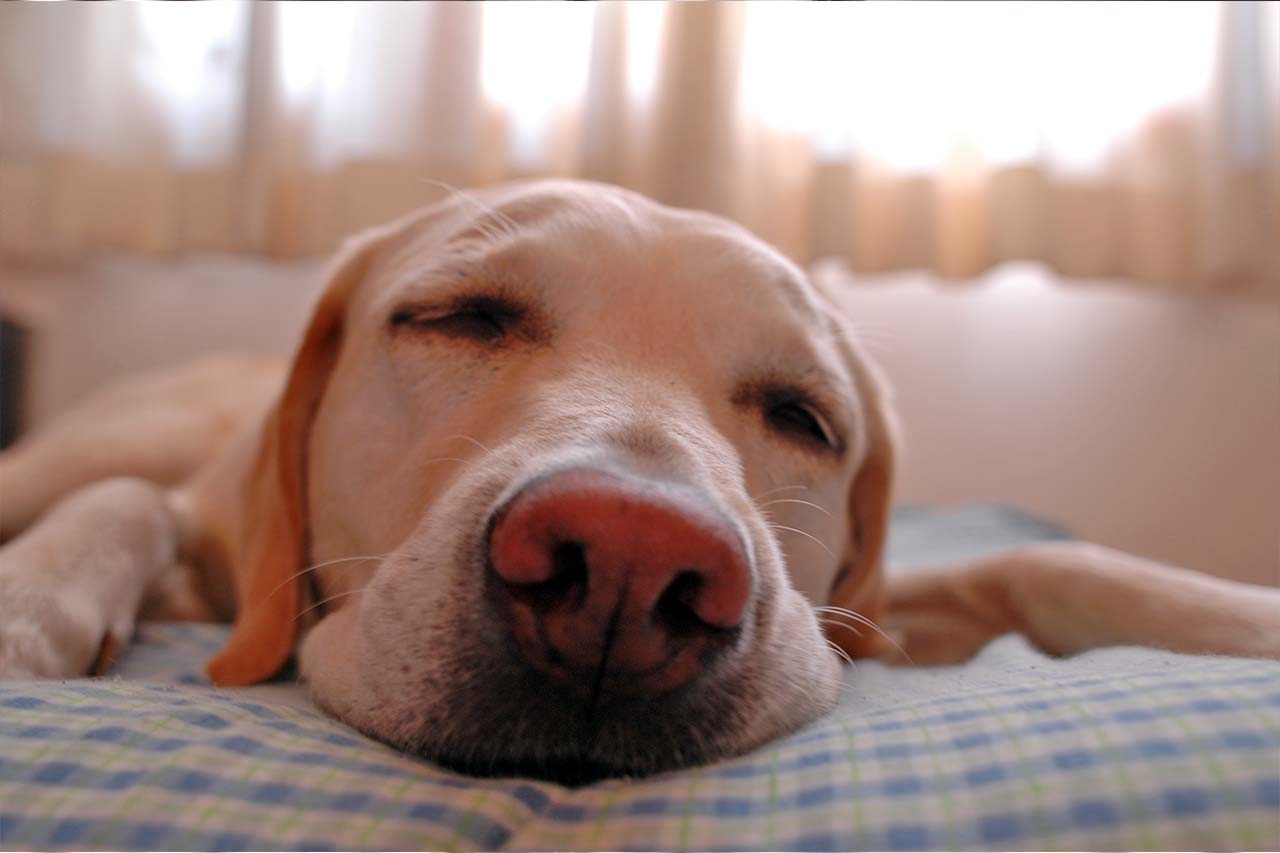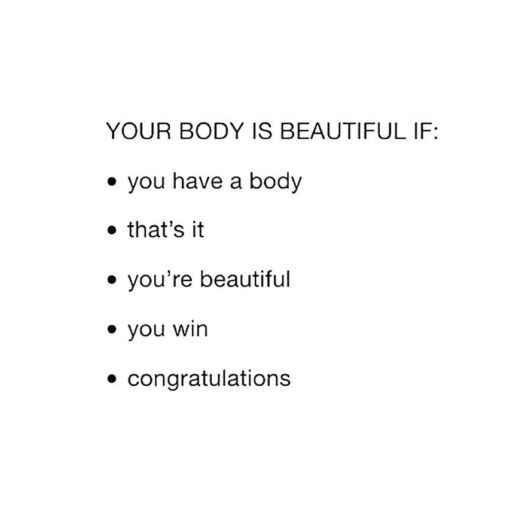Sleep is our second foundation of health.
Partially because of its importance, and partially because it is, like nutrition, something we have a lot of control over.
Most people don’t get enough sleep–even if you think you are.
What is enough? At the least (as an adult) that means seven hours. Ideally, eight is best. That means we should aim for eight and settle for no less than seven. How much sleep do you get each night? According to Matthew Walker, PhD, author of Why We Sleep: Unlocking the Power of Sleep and Dreams, sleep deprivation has deathly consequences. The following information was gleaned from his book and his reported research. Just the smallest amount of sleep deprivation has serious health risks. This is proven every year on a large-scale study of daylight savings time. Studies have shown that in the spring when we lose an hour of sleep time, there is a 24% increase in heart attacks. In contrast, in the fall when we gain an hour of sleep time, they found a 21% decrease in heart attacks.
Harvard quantified health consequences of less sleep by studying the effect of doing away with the siesta-like hours that shops and businesses kept in Greece before the 1990’s when they regularly closed between the hours of 2:00-5:00 pm. The study found a 37% increase risk for death from heart attacks in the population. The number for working males was even worse at a 60% increase.
If that isn’t scary enough to convince you to get more sleep, let’s discuss how sleep deprivation may cause cancer. In another study, participants were limited to four hrs of sleep in a laboratory. The next day’s blood test showed a critical drop in anti-cancer fighter cells called “natural killer cells” by 70%. This is an alarming state of immune deficiency. Other studies have shown that insufficient sleep promotes cancer of the bowel, prostate and breast.
These studies and others encouraged The World Health Organization (WHO) to classify any form of night shift as a probable carcinogen.
“Well,” you say, “when I don’t get enough sleep during the week, I’ll just make sure to make it up over the weekend.“
Nope.
It doesn’t work that way. Sleep is not like a bank. You can’t accumulate a debt and pay it off at a later time.
Sleep researchers learned this lesson more than 50 years ago when a 17 year old named Randy Gardner broke a world record in 1963 by going 11 days without sleep. That’s about 88 hours of lost sleep. (The Guinness Book of World Records has since taken this category out of their publication because of it’s dangerous health implications.) The next day, he slept 14 hrs, and got back about 6 of those 88. But the days after that, he slept a typical amount, between 7-8 hours. You just can’t catch up.
Unlike eating, where we can catch up on calories later after a famine, we don’t have a sleep catch-up mechanism. In this way, sleep is more similar to breathing.
Walker argues for the eight hours we need as humans by explaining that If we didn’t need eight hours of sleep and could survive on six, Mother Nature would have done away with 25% of our sleep time millions of years ago. “Sleep is an idiotic thing to do: You’re not finding a mate, you’re not reproducing, you’re not finding food, you’re not caring for your young, and worst still, you’re vulnerable. So on any one of those counts, sleep would have been excised from the evolutionary process. If sleep didn’t provide a remarkable set of benefits, than it’s the biggest mistake the evolutionary process has ever made.”
“But I am fine with five or six hours of sleep. I feel fine!”
And perhaps you believe this to be true. However, your subjective view of how you are with just five or six hours of sleep is not the objective measurement of how well you are doing. It’s much like when your friend had one too many beers and is about to drive and truly believes s/he is totally fine to drive subjectively, but objectively, you KNOW s/he is NOT fine to drive. If you’ve spent most of your life deprived of sleep, you may not know how much it is affecting your mind and body.
It may be difficult for many people to get eight hours of sleep. Maybe you notice that you naturally wake up after six hours. You may also notice that you feel a little sleepy in the afternoon. Perhaps this is when you grab that cup of coffee or sugary snack. Unfortunately, our modern culture has encouraged what Walker calls monophasic sleep, meaning one period of sleep time (the typical 7-8 hours at night). However, he says we are hardwired to have a preprogrammed drop in our alertness in the afternoon (“siesta” time) and that we should be having a biphasic sleep pattern with two phases of sleep throughout 24 hours. This is based on our hunter-gatherer ancestor culture that can be seen today in modern-day hunter gatherer tribes who sleep biphasically with 6-7 hours at night and a “siesta” like nap for couple hours in afternoon.
So, if you are able, instead of grabbing that coffee or sugary snack, take a nap. After all, your hard-wired to.
If that’s not possible. Start with adding 10-20 minutes of sleep per night this week. That might mean shifting something in your life, shutting down the computer earlier, not binge watching TV and taking a walk instead to wind down, not eating that extra snack . . .






